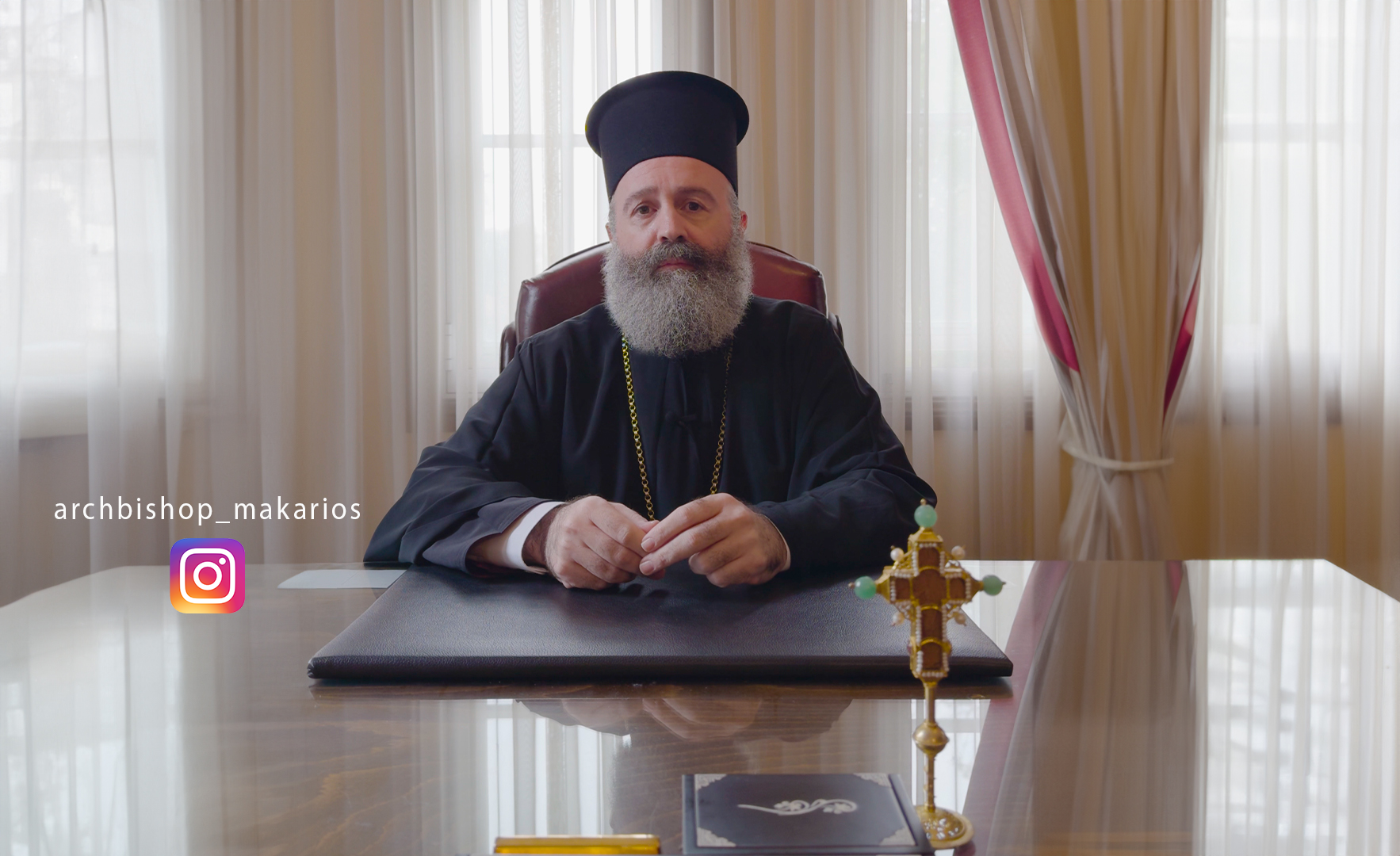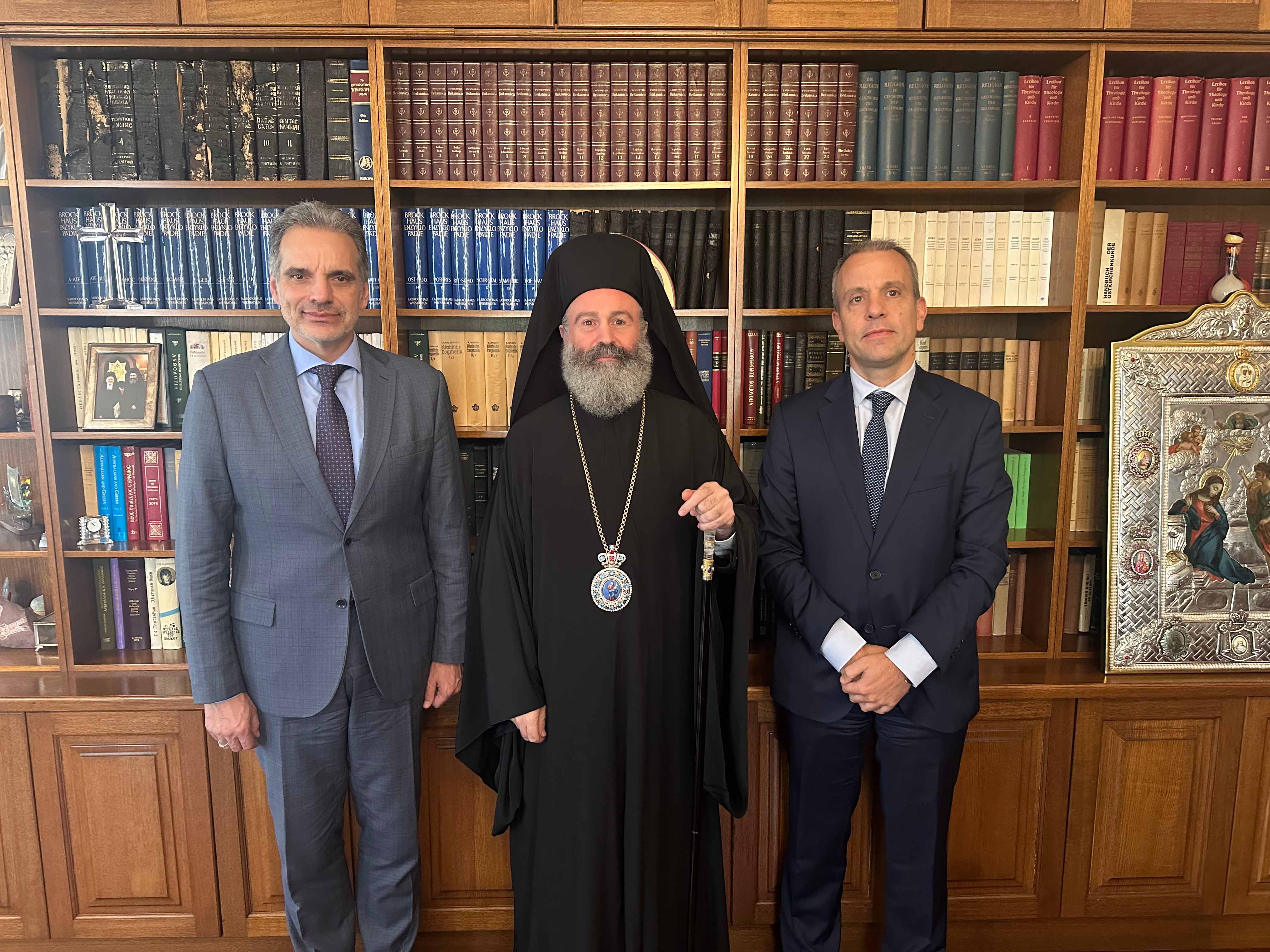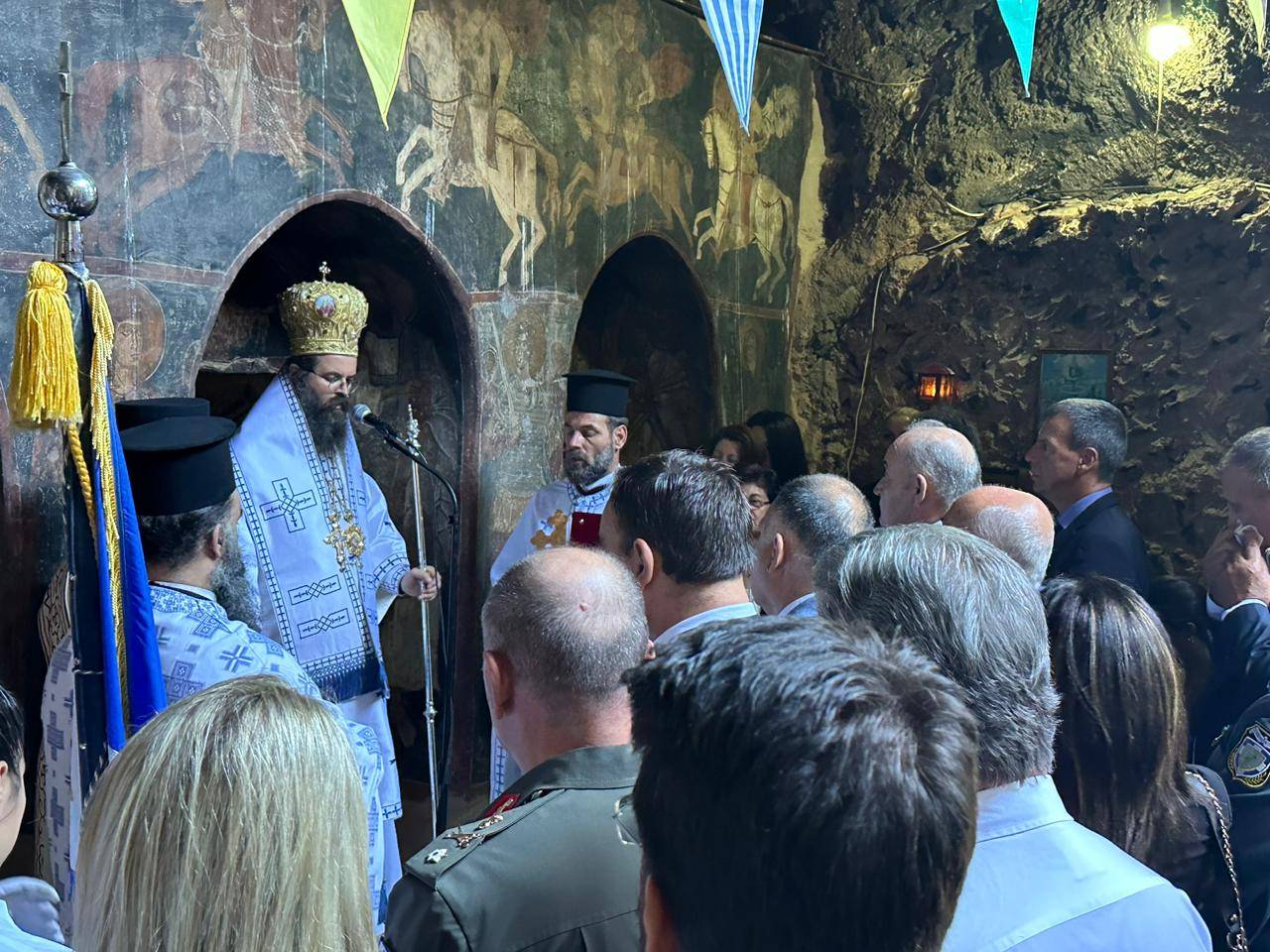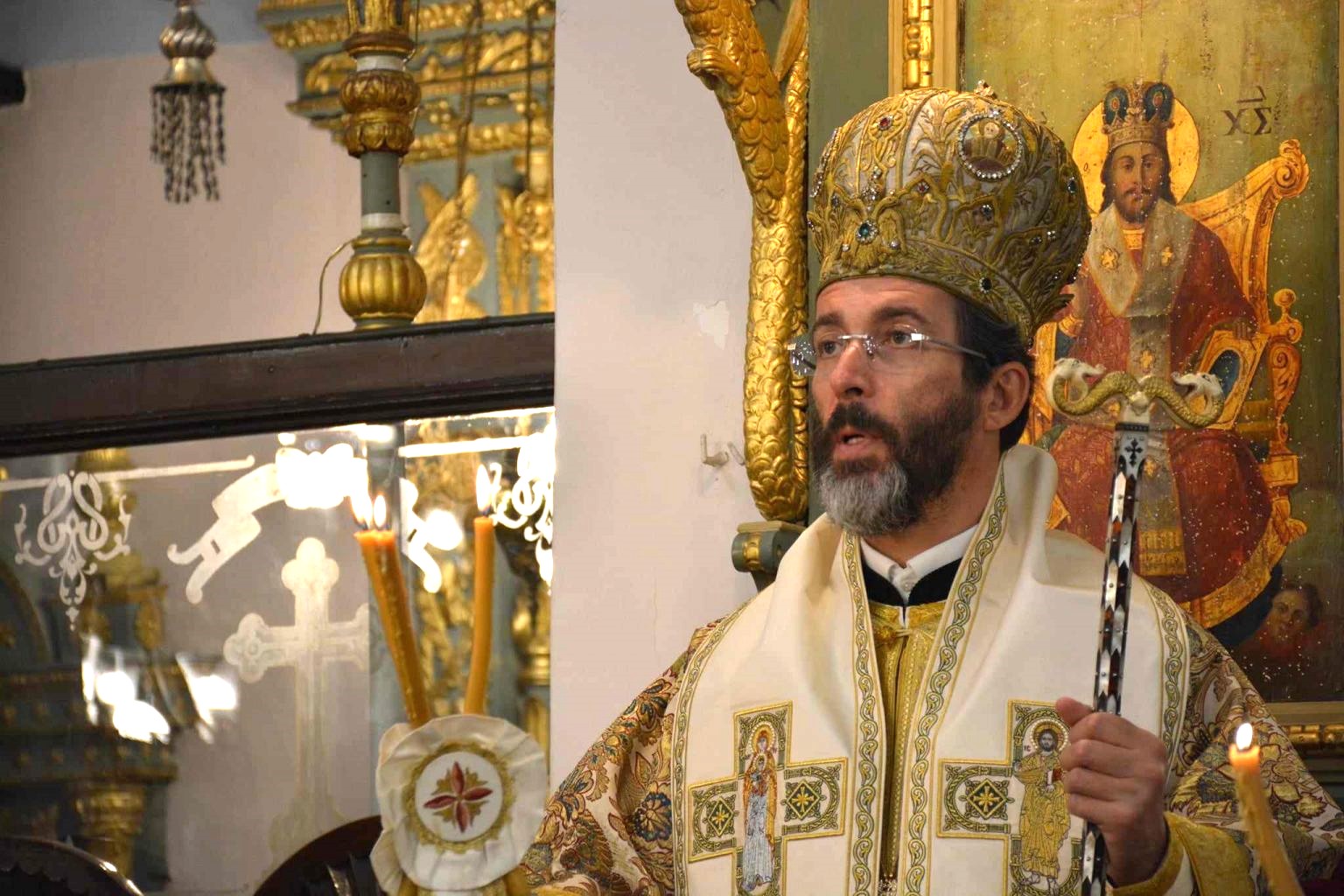Saint Euphrosynus the Cook, of Alexandria (11 September)
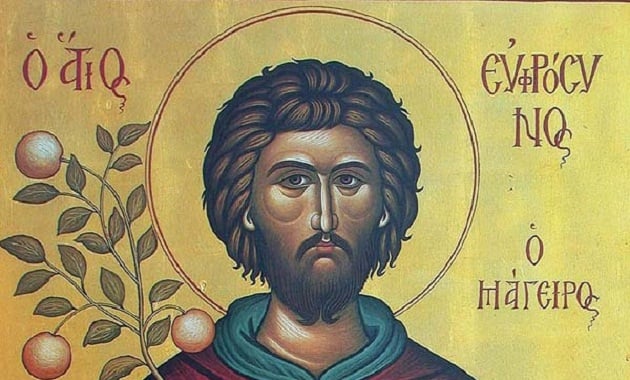

Saint Euphrosynus the Cook was from one of the Palestinian monasteries, and his obedience was to work in the kitchen as a cook. Toiling away for the brethren, Saint Euphrosynus did not absent himself from thought about God, but rather dwelt in prayer and fasting. He remembered always that obedience is the first duty of a monk, and therefore he was obedient to the elder brethren.
The patience of the saint was amazing: they often reproached him, but he made no complaint and endured every unpleasantness. Saint Euphrosynus pleased the Lord by his inner virtue which he concealed from people, and the Lord Himself revealed to the monastic brethren the spiritual heights of their unassuming fellow-monk.
One of the priests of the monastery prayed and asked the Lord to show him the blessings prepared for the righteous in the age to come. The priest saw in a dream what Paradise is like, and he contemplated its inexplicable beauty with fear and with joy.
He also saw there a monk of his monastery, the cook Euphrosynus. Amazed at this encounter, the presbyter asked Euphrosynus, how he came to be there. The saint answered that he was in Paradise through the great mercy of God. The priest again asked whether Euphrosynus would be able to give him something from the surrounding beauty. Saint Euphrosynus suggested to the priest to take whatever he wished, and so the priest pointed to three luscious apples growing in the garden of Paradise. The monk picked the three apples, wrapped them in a cloth, and gave them to his companion.
When he awoke in the early morning, the priest thought the vision a dream, but suddenly he noticed next to him the cloth with the fruit of Paradise wrapped in it, and emitting a wondrous fragrance. The priest, found Saint Euphrosynus in church and asked him under oath where he was the night before. The saint answered that he was where the priest also was. Then the monk said that the Lord, in fulfilling the prayer of the priest, had shown him Paradise and had bestown the fruit of Paradise through him, “ the lowly and unworthy servant of God, Euphrosynus.”
The priest related everything to the monastery brethren, pointing out the spiritual loftiness of Euphrosynus in pleasing God, and he pointed to the fragrant paradaisical fruit. Deeply affected by what they heard, the monks went to the kitchen, in order to pay respect to Saint Euphrosynus, but they did not find him there. Fleeing human glory, the monk had left the monastery. The place where he concealed himself remained unknown, but the monks always remembered that their monastic brother Saint Euphrosynus had come upon Paradise, and that they in being saved, through the mercy of God would meet him there. They reverently kept and distributed pieces of the apples from Paradise for blessing and for healing.
Euphrosynus was a simple man, but a man of God. He served as the cook in an Amorean monastery in the ninth century. One night, the spiritual father of this monastery saw himself in Paradise, and saw Euphrosynus there as well. Euphrosynus picked and gave him three apples from Paradise. When the spiritual father awoke, he saw three unusually beautiful and fragrant apples by his pillow. He quickly found Euphrosynus and asked him: “Where were you last night, brother?” “I was where you were, father,” the blessed God-pleaser replied. The spiritual father then revealed the entire incident to the monks, and all recognized the sanctity and godliness of Euphrosynus. But Euphrosynus, fearing the praise of men, immediately fled the monastery and hid in the wilderness, where he spent the remainder of his life.
Source: oca.org / westserbdio.org

